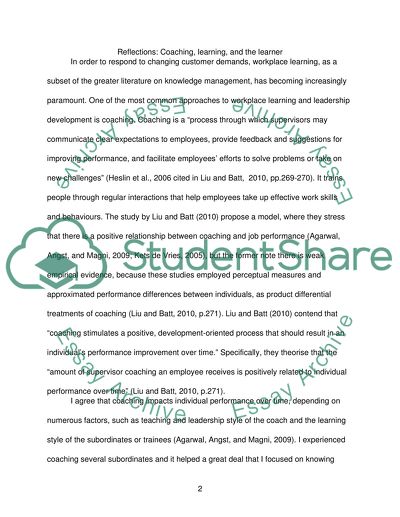Cite this document
(“Case study reflection Essay Example | Topics and Well Written Essays - 1500 words”, n.d.)
Retrieved from https://studentshare.org/visual-arts-film-studies/1424794-case-study-reflection
Retrieved from https://studentshare.org/visual-arts-film-studies/1424794-case-study-reflection
(Case Study Reflection Essay Example | Topics and Well Written Essays - 1500 Words)
https://studentshare.org/visual-arts-film-studies/1424794-case-study-reflection.
https://studentshare.org/visual-arts-film-studies/1424794-case-study-reflection.
“Case Study Reflection Essay Example | Topics and Well Written Essays - 1500 Words”, n.d. https://studentshare.org/visual-arts-film-studies/1424794-case-study-reflection.


